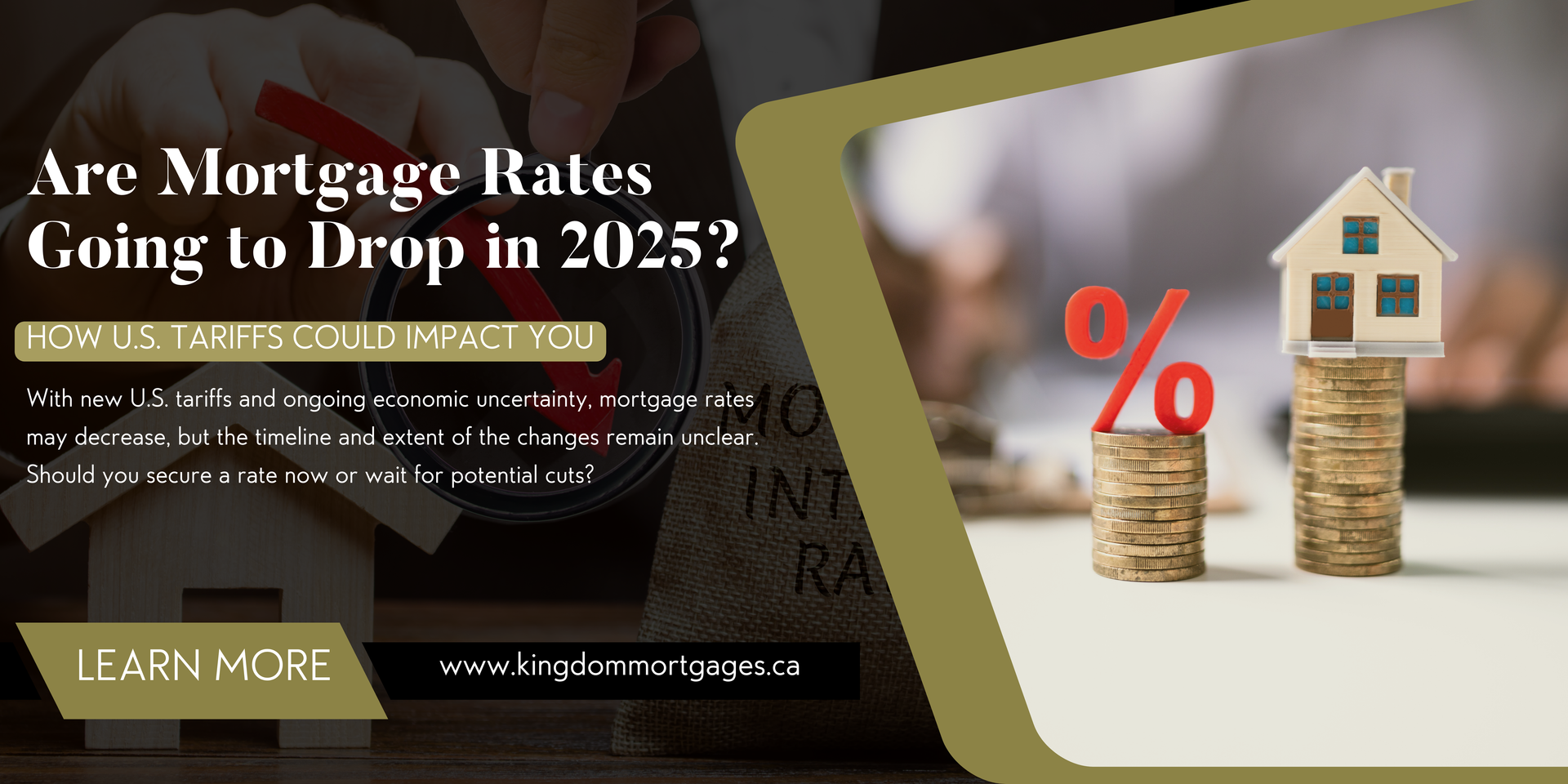The Impact of Rising Interest Rates
As we navigate through 2024, the Canadian mortgage and real estate market faces a dynamic landscape marked by rising interest rates. This trend, driven by the Bank of Canada's efforts to curb inflation, has significant implications for homebuyers, homeowners, and real estate professionals. Understanding these changes is crucial for making informed decisions in this evolving market.

Understanding the Rate Hikes
The Bank of Canada has incrementally increased interest rates over the past year, with the goal of stabilizing the economy and controlling inflation. As of mid-2024, the overnight rate stands at 4.75%, a significant jump from the near-zero rates seen during the pandemic. These hikes aim to temper the economy and bring inflation back to the target range of 2%.
For the mortgage market, this translates to higher borrowing costs. Variable-rate mortgages, which fluctuate with the central bank's rate, have seen immediate increases. Fixed-rate mortgages, which are influenced by bond yields, have also climbed, albeit at a slower pace. Prospective buyers and current homeowners with adjustable-rate mortgages are directly feeling the impact of these changes.
Impact on Homebuyers
For potential homebuyers, rising interest rates mean higher monthly mortgage payments. This can significantly affect affordability, particularly for first-time buyers. For example, a family looking to buy a $600,000 home with a 20% down payment and a 25-year amortization period might have secured a 2.5% mortgage rate in early 2022, resulting in a monthly payment of approximately $2,150. With rates now closer to 5%, that same mortgage would require monthly payments of about $2,790 – an increase of over $600 per month.
This rise in monthly costs has pushed many buyers to reconsider their budgets or delay purchasing altogether. Additionally, stricter mortgage stress tests, which require borrowers to qualify at higher rates, further reduce the borrowing capacity of many Canadians.
Impact on Homeowners
Existing homeowners with variable-rate mortgages are also feeling the pinch. As rates rise, so do their monthly payments. Some may find themselves stretched thin, especially if their budget is already tight. Fixed-rate mortgage holders are insulated until their renewal date, but they too face higher rates when their term expires.
Homeowners looking to refinance may find it more challenging to secure favorable terms. Those with significant equity in their homes might consider home equity lines of credit (HELOCs), though these are also subject to higher interest rates. It’s essential for homeowners to review their financial situation and explore options such as locking in rates or extending amortization periods to manage higher payments.
Effects on the Real Estate Market
The broader real estate market is also adjusting to these changes. Higher interest rates generally lead to a cooling effect on home prices, as fewer buyers can afford to enter the market. In some Canadian cities, particularly those that saw rapid price increases during the pandemic, there has been a noticeable slowdown in sales activity and a stabilization or even decline in prices.
For sellers, this means potentially longer times on the market and the need for more realistic pricing. The days of bidding wars and offers well above asking price are diminishing, leading to a more balanced market.
Opportunities Amidst Challenges
Despite these challenges, there are opportunities for savvy buyers and investors. The cooling market can provide a window to purchase properties that were previously out of reach. Additionally, those with strong financial footing and good credit can negotiate better terms with lenders.
Real estate professionals and mortgage brokers play a crucial role in guiding clients through this complex environment. By offering insights, personalized advice, and creative solutions, they can help buyers and homeowners navigate higher rates and make strategic decisions.
Future Outlook
Looking ahead, the trajectory of interest rates will depend on various economic factors, including inflation trends, employment rates, and global economic conditions. The Bank of Canada has indicated a data-dependent approach, meaning rates could stabilize or even decrease if inflation pressures ease.
For now, Canadians should prepare for a period of higher rates and potentially slower market activity. Staying informed, consulting with professionals, and carefully planning financial moves are essential steps in this uncertain landscape.
In Conclusion,
The rise in interest rates marks a significant shift in the Canadian mortgage and real estate market. While it presents challenges, particularly in terms of affordability and monthly payments, it also brings opportunities for those prepared to adapt. By understanding the impacts and seeking professional advice, Canadians can navigate this environment and make informed decisions for their financial futures.











